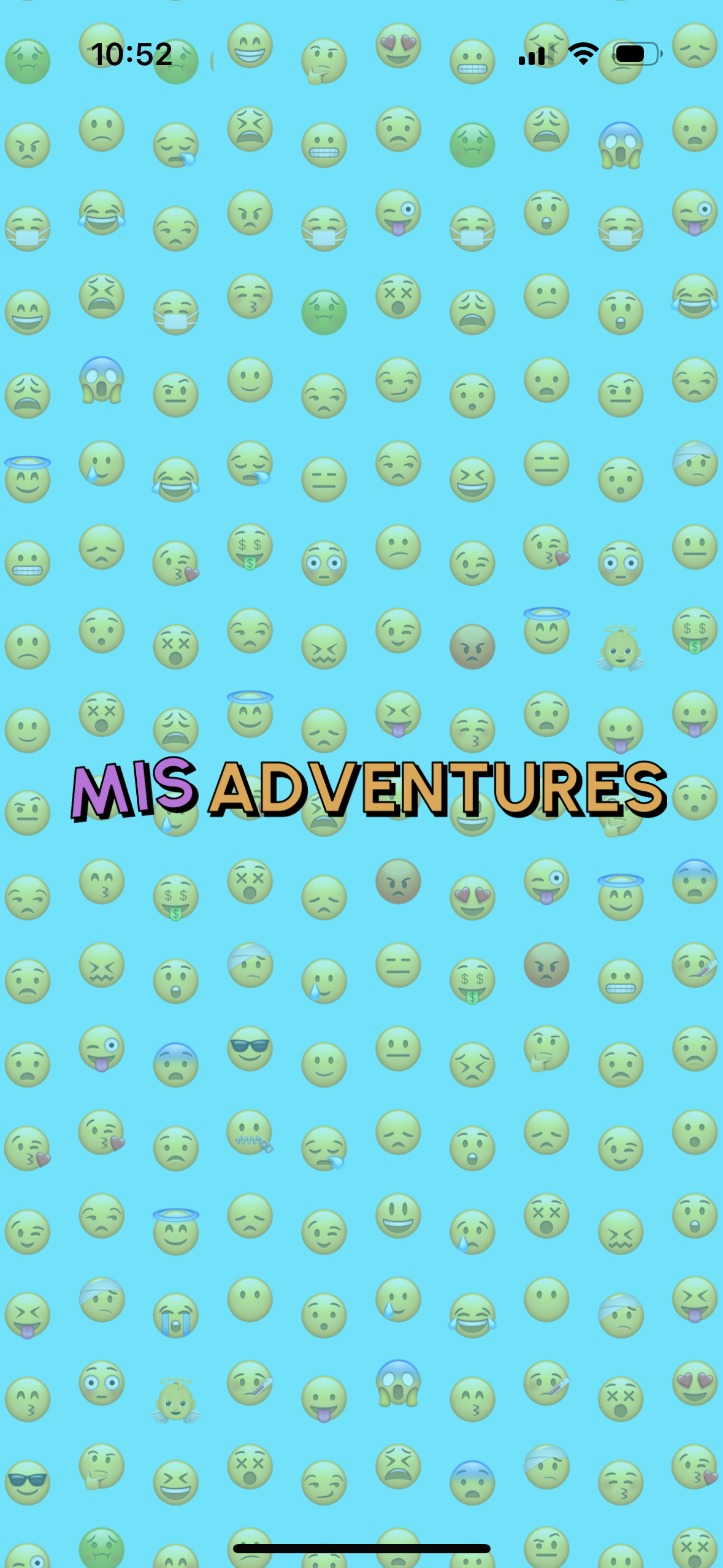
How do you know if you can trust the information you find online?
Read our informative guide with helpful resources linked and explained.

Check out these animated videos created by the SHeLL research team
These animations overview the WHO-WHY-WHEN method, which helps you determine whether you can trust the health information you find online.
-
Trustworthy health information can be written by:
• Official health organisations such as: hospitals, medical institutions, recognised health charities (such as the Heart Foundation or Cancer Council), or government health websites.
• Individual experts with qualifications relevant to the topics they are writing about.
Consider trusting the information if:
1. If written by an individual expert, you can find out more about them online.
2. It is based on research done by many people or is provided by a team of experts.
3. It is clear where the information is coming from. For instance, the source might cite some research papers or refer to health service websites.
4. You can find the same information written by other expert individuals or relevant organisations. Meaning, you can cross-check it.
Be sceptical if:
1. You can’t find any information on the source.
2. The author is not qualified to provide health information on that topic.
3. It’s unclear where the information is coming from.
4. The information contradicts all current evidence.
5. The information is based on someone’s personal opinion only.
-
When seeking health information, it is important to always ask, why did they say it?
Can you identify the author’s goal or the purpose of the website? Make sure it is purely to educate or inform not to sell you something – whether it is a product or a point of view. Keep an eye out for any sponsors or disclaimers.
Sometimes there is a hidden agenda behind information on the internet.
Think critically when someone is recommending health treatments. Make sure they are in no way affiliated or sponsored by the brand they’re recommending.
-
For health information, it is important that the information is current and up to date. Identify when the resource was last updated or published. For example, look at the top or bottom of the home page for a website.
Information written in the last couple of years will be more relevant than information written 10 years ago. This is because the research may have changed.
If it is outdated information, you should try to find information that is more recent.
Note, in the case that the information is brand new and cutting-edge, there might not yet be other sources supporting it. Make sure you still ask yourself who said it and why.

Watch these videos created by the SHeLL research team and Dr Jessica Stokes-Parish, Bond University
These videos also overview the WHO-WHY-WHEN method, which helps you determine if you can trust the health information you find online.
Take a look at the video below by Australian Commission for Safety and Quality in Health Care with a short, sweet, and to the point guide on how to find good health information online.
https://www.safetyandquality.gov.au/consumers/finding-good-health-information-online
Can You Spot The Problem With These Headlines?
Puzzle through a set of hypothetical health studies and headlines and see if you can spot what’s misleading about the headline.
In medicine, there’s often a disconnect between news headlines and the scientific research they cover. While headlines are designed to catch attention, many studies produce meaningful results when they focus on a narrow, specific question. So how can you figure out what’s a genuine health concern and what’s less conclusive?
Lesson by Jeff Leek and Lucy McGowan, directed by Zedem Media.
HOW TO ASSESS THE QUALITY OF HEALTH RESEARCH?
It is great when your source provides references!
BUT it is important to assess the quality of the research cited in the sources you find online.
These 12 summary points by Bond University researchers on “How to Assess Claims Critically(H.A.C.C)” give you a great overview on how to assess the quality of health research.
Find H.A.C.C and more tools by Bond University here.

Check out this app designed to equip teenagers and young adults with digital health literacy skills!
The mis-Adventures app (A/Prof Karen Scott, The University of Sydney)
In this app, users navigate through three interactive video-based scenarios where they direct the young protagonist’s next move.
Educational videos from experts and quizzes are interspersed through different points of the scenario to reinforce learnings.
Get it on App Store or Google Play
What can you learn?
How to find health information online
How to critically appraise health information online
How to apply health information found online

Check out this easy mnemonic to help you identify red flags in online content!
CRABS - The Credibility Framework
This framework is designed to help you scan whatever you are reading, scholarly or non-scholarly, and identify anything that might need further consideration.
You can read the full paper explaining CRABS (with references) here.
You can download and share this easy-to-use resource flyer here. Please be sure to credit Dr Jessica Stokes-Parish, Bond University as the author.
CRAAP
CRAAP
CRAAP is an acronym for Currency, Relevance, Authority, Accuracy, and Purpose. Use the CRAAP Test to evaluate your information sources for reliability and trustworthiness.
The CRAAP test was developed by Sarah Blakeslee and her team of librarians at California State University, Chico (CSU Chico)
Sources:
Blakeslee, Sarah (2004) "The CRAAP Test," LOEX Quarterly: Vol. 31: No. 3, Article 4.
Available at: https://commons.emich.edu/loexquarterly/vol31/iss3/4

That’s a claim!
Key concepts for thinking critically about health claims.
Check out thatsaclaim.org for a breakdown of each of the points in the detailed poster below! Or download the poster here.
-
BEWARE of claims that have
a bad basis
Many claims about the e ects of
treatments are not trustworthy. O en
this is because the reason (the basis)
for the claim is not trustworthy.
You should be careful when you hear
claims that are:
• Too good to be true
• Based on faulty logic
• Based on trust alone
-
THINK ‘FAIR’ - and check the evidence from treatment comparisons.
Evidence from comparisons of treatments can fool you. You should think carefully about the evidence that is used to support claims about the effects of treatments.
Look out for:
• Unfair comparisons of treatments
• Uncareful summaries of
comparisons
• How treatment effects are
described
-
TAKE CARE - and make good choices
Good treatment choices depend on
thinking carefully about what to do.
Think carefully about:
• What your problem is and what
your options are
• Whether the evidence is relevant
to your problem and options
• Whether the advantages are better than the disadvantages
Examine health claims critically
Use the ‘Rough Guide to Spotting Bad Science’ to recognise bad science reporting, or faults in scientific studies. Equip yourself with the tools to separate science from pseudoscience.
http://www.compoundchem.com/2014/04/02/a-rough-guide-to-spotting-bad-science/
Watch this video about the best practices in research. Here’s the description:
“Every day, we are bombarded by attention grabbing headlines that promise miracle cures to all of our ailments -- often backed up by a "scientific study." But what are these studies, and how do we know if they are reliable? David H. Schwartz dissects two types of studies that scientists use, illuminating why you should always approach the claims with a critical eye. “
Lesson by David H. Schwartz, animation by Augenblick Studios.

This ≠ That
This ≠ That
Association is not the same as causation.
Online sources, including news articles, studies, and social media, often make claims based on correlations without establishing causation. Being aware of this helps you sift through information and avoid accepting unfounded or exaggerated claims.











